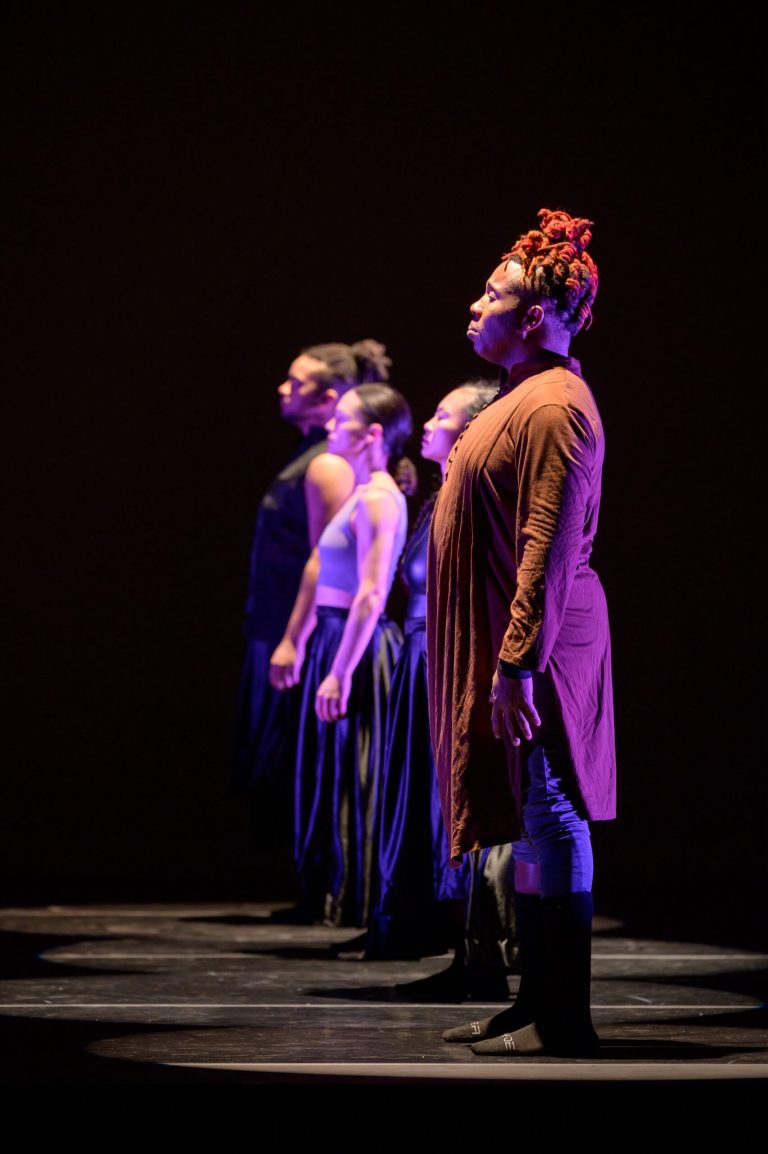Melina Korfonta ’25
Staff Writer
Olivia Silvey ’25
Staff Writer
President of the College Joanne Berger-Sweeney addressed questions on gender inequity in athletic facilities, the use of Vernon Social, and efforts to evaluate employee compensation in a virtual Town Hall held on Tuesday, Oct. 26. Much of this meeting reinforced the information stated in October’s Board of Trustees meeting, though Berger-Sweeney did touch on other issues during the question-and-answer (Q&A) period.
During the Q&A portion of the presentation, Berger-Sweeney was asked to speak about any upcoming plans to address the gender inequity in the athletic facilities, which was a topic of interest among the student body earlier in the semester. Berger-Sweeney revealed that she had attended a meeting that morning regarding the athletics situation, and the meeting also addressed other ways that the College can improve gender equity across campus.
Berger-Sweeney noted that the student body should expect a specific announcement about those plans within the next few weeks, as they are hiring professionals to conduct a facilities assessment. This comes after a coalition of women’s athletes formed the Trinity College Women’s Athletic League and petitioned for equity in stadium renovation projects, as well as requesting a full assessment of Trinity’s Title IX compliance, as the Tripod previously reported.
She emphasized the need to bring up the standards for both male and female facilities, as well as the need for gender balance in committees that are in charge of making decisions such as ones involving athletics. Berger-Sweeney stated she would like to see more progress in this area and offered the idea of naming a building after a woman, as there is only one on campus at the moment.
During the Q&A portion, Berger-Sweeney also discussed the process for the decision to utilize the space in Vernon Social differently than in the past. An attendee asked if there will be a loss of social activities now that the space will be re-dedicated into something else, and if there will be other spaces available for students to use as a social area. Berger-Sweeney did not have any specifics to that question, stating that the process through which the decision was made came from many demographics on campus, including multiple student groups and career development services. These groups held discussions and analyzed how the space could best be used, even with some trade-offs made; Berger-Sweeney noted that many groups do not have their own dedicated space, such as the Student Government Association, and this was an opportunity to grant them that.
Other questions addressed the effects of COVID-19 on faculty and how the College plans to encourage faculty to stay. Berger-Sweeney cited the strategic plan that includes increased employee input and the evaluation of remote work and employee compensation. Berger-Sweeney also noted that the College’s bicentennial celebration is coming up in 2023, with plans for that are slowly starting to begin.
In the first section of the presentation, Berger-Sweeney reviewed much of what was covered in her presentation to the Board of Trustees last week. Berger-Sweeney started her presentation by stating that, “Planning is not linear – particularly when you’re in a continually learning environment,” adding that the Administration is constantly communicating progress as well as failures.
Berger-Sweeney highlighted the College’s mission statement, newly adopted in 2016: “Engage. Connect. Transform. As the preeminent liberal arts college in an urban setting, Trinity College prepares students to be bold, independent thinkers who lead transformative lives.” Showing how this equates to the College’s strategies, Berger-Sweeney went into further detail regarding each plan. The 2017 Summit Strategic Plan’s goals were to make Trinity “a first choice destination for students, faculty, and staff”; to “connect the Trinity College community” with Hartford and “the world beyond”; and to create a sustainable future, both environmentally and financially. Berger-Sweeney and her team have been documenting strategic plan progress, providing a published update in Spring 2021.
The town hall also touched on enrollment retention and graduation rates. This included a 91.4% retention rate for sophomores this year and during the pandemic. Regarding employees, faculty, and staff, the focus is to compensate employees fairly, have an inclusive environment, a changed mindset, as well as assessing remote work, and including professional development opportunities. Segal, a company specializing in HR consulting and benefits consulting, is currently conducting an employee compensation study, examining how salary and benefits compare to peer institutions, including helping with evaluating remote work. Berger-Sweeney also touched on the Comprehensive Campaign, noting that the current campaign total is approximately half-way towards the overall $500 million goal.








+ There are no comments
Add yours